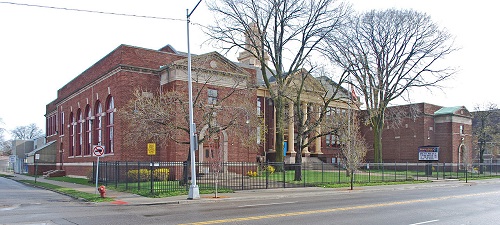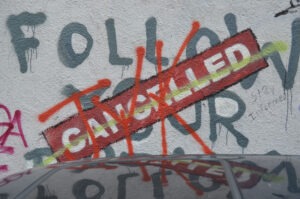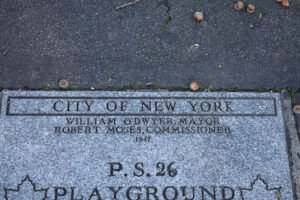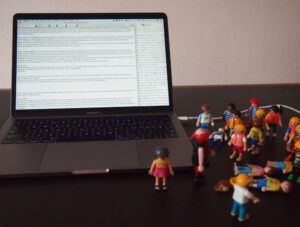
April 30, 2015; MLive
Governor Rick Snyder of Michigan has proposed a plan that he believes will save the troubled Detroit Public Schools. But the Republican governor’s ideas are meeting with skepticism from many quarters.
The situation is that Detroit Public Schools are in trouble, performing poorly on standardized tests, and the system is burdened with an estimated $2 billion in debt. A recent report called “The Choice is Ours” says that math and reading proficiency in 4th and 8th grades hovers around 35 percent and that only 29 percent of high school students are proficient in reading. Within DPS is a mix of various types of schools, including traditional public schools, charter schools, and others. There have been numerous crises over the years that have led to the previous two governors (one Republican and one Democrat) assigning emergency managers to oversee operations.
The plan announced by Governor Snyder involves creating two separate school districts in Detroit. One would be in charge of the education of young people enrolled in the schools, and the other would oversee the repayment of the debt. The current school board, elected by residents in Detroit, would be in charge of the district that is paying down the debt. A new board of seven people, four appointed by the governor and three appointed by the mayor of Detroit, would be in charge of the new district overseeing education. The current emergency manager would go with the old school board, and a new education manager would work for the new district.
Even before Snyder’s announcement of his new program, DPS teachers loudly announced their displeasure with the idea. On Friday, April 30th, many teachers went to the state capital to protest what they said was a threat to the public schools in Detroit. So many teachers went, in fact, that 18 schools were closed for the day.
A few days later, after the formal announcement of the plan, leaders of the charter school movement in Detroit voiced their concerns about it. They believe that the plan actually could be a threat to those charter schools in the system that appear to be doing better educating young people than the traditional public schools, according to at least one survey. In the plan, the education manager of the new district would have the right to close any low performing school, and replace it with a school under new management. This is as true for charter schools as for traditional public schools, and the charter school leadership do not like giving someone else that much power.
Sign up for our free newsletters
Subscribe to NPQ's newsletters to have our top stories delivered directly to your inbox.
By signing up, you agree to our privacy policy and terms of use, and to receive messages from NPQ and our partners.
Now it appears that even legislators on both sides of the aisle are voicing lack of support for the plan Snyder has proposed. Senator Phil Pavlov, chair of the Senate Education Committee, for example, is afraid that the plan takes choice away from the parents in Detroit, and thus he cannot support it. A Republican representative who serves on the House Education Committee echoed that sentiment and would not support any plan that could include the power to close charter schools.
On the other side of the aisle, the chair of the Detroit caucus, a Democrat, argues that the plan is an imposition from the state and is removing local control of local schools. The people of Detroit know what needs to be done, he says, and he could not support the creation of any new governing body that was not elected. (The plan’s appointed committee would eventually be replaced by an elected one, according to Snyder’s suggestion, but not for a few years.)
According to one report, the plan is likely to generate concerns throughout the state, as the funds to pay for both of the Detroit school districts would likely mean other districts would see less revenue from the state.
“The Choice is Ours” is a detailed and quite comprehensive plan to overhaul DPS, drafted by a broad coalition of partners. Many of the recommendations involve engaging the communities where schools are located to ensure a strong network of neighborhood-based schools. This includes keeping control of DPS within a locally elected school board. The report does suggest that there should be another body which monitors the educational success at each school and has the power to close any school in the system if need be, which is similar to Snyder’s proposal. However, “The Choice is Ours” specifically says this should be an elected board, not appointed. It also calls for the state to assume the overwhelming debt. Very few of the recommendations in “The Choice is Ours” appear in Snyder’s proposal, it seems.
Everyone seems to agree that Detroit schools are in dire straits and that something needs to be done now. The array of different types of schools within the system seems to be somewhat confusing and makes the issue quite complex with all the various agendas individuals and groups have to support their idea of education reform.
As the spouse of a public school teacher in another state (Wisconsin) that is also facing issues in the school district of its largest city, this newswire writer believes the story in Detroit is worth watching. It is particularly interesting that a governor has forwarded a proposal receiving this amount of skepticism. “The Choice is Ours” was vetted over a long period of time and with many stakeholders in the community. Didn’t Snyder or his team do the same diligence and vet the proposal before they aired it?—Rob Meiksins












